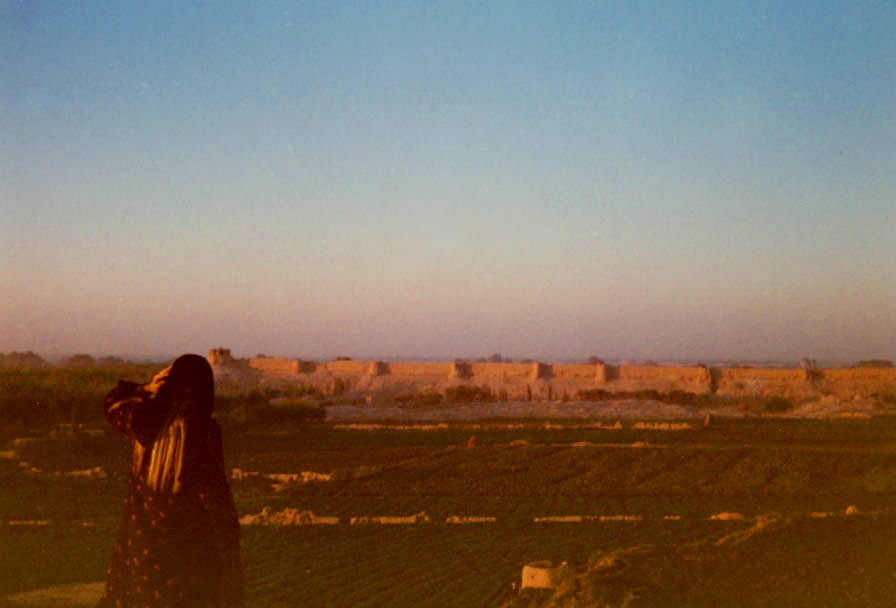| |
Where did we came from, explains bulgarian scientist's
expedition to the lands of Bactria,
Pamir Mountains in central Asia and not western Siberia was the
motherland of Bulgarians' ancestors, prominent historian and Sofia
University professor Georgi Bakalov was quoted as saying by mediapool.bg
on October 6 2008. Bakalov presented the findings of a group
of Bulgarian scientists who spent a month in Afghanistan searching
for evidence. Until now, the official version leaned towards the
notion that proto-Bulgarians' have come into Europe from lands in
central Asia, with Pamir being just a theory. The group of
scientists have found similarities in the music and languages
between contemporary Bulgarians and the people living in Pamir,
Bakalov said. Next to that he said that Bulgarian and Farsi
languages were closely linked and words that today are considered
from a Turkish origin in Bulgaria were actually coming from Farsi.
We don't belong to Iran, but we do have a connection with it while
there is hardly an evidence of Bulgarians in Siberia, Bakalov was
quoted as saying by mediapool.bg. The group has collected a lot of
research that could change what has been thought in contemporary
history books, he noted. For this to happen, Sofia University had
to send researches to work in Pamir and gather more material, he
said. The Pamir Mountains are spread among Tajikistan, Kyrgyzstan,
Pakistan, Afghanistan and China.

/Archeologycal site - town of Balkh/
Interview with Professor Bakalov:
- Prof Bakalov, what did you find out during your expedition to
the Pamir Mountains?
- The media spread incorrect information that I have taken part
in this expedition. I have neither participated, nor organized,
nor inspired it. I was invited after the return of its members to
comment on the results.
- Which of the theories on the origin of the Bulgars are
now questioned?
- The deepest-rooted concepts on the origin of the Bulgars
are the so-called "Hun" theory by Vassil Zlatarski and
the Turkic-Altaic theory. No data have been discovered in Siberia
and the Altai Mountains about the presence of Bulgars in that
period. This theory aimed at the creation of the image of the
Bulgars as savage nomads who appear on the banks of the Danube in
the 7th century out of the depths of history and supported by a
multitude of Slavs established the first Bulgarian Kingdom in 681.
- Didn't this definition serve certain political and imperial
doctrines?
- It started gaining ground in public consciousness as
early as the beginning of the Bulgarian National Revival - in the
18th century, when Bulgarians regarded Russia and the
Slavdom as a whole with pride and respect. Lately, however, many
data have been accumulated - different kinds of data
ethnographic, archeological and epigraphic - that evidence to the
fact that the place of origin and route of the Bulgars were
completely different - from Pamir and Hinu Kush, along the rivers
Amu Darya and Syr Darya, via the Caucasus and the southern Russian
steppes to the lands of present day Bulgaria. Some of the
evidence speaking of this course is the language relics
remaining from the vernaculars in present day Eastern Iran,
Tadzhikistan, Northeastern Afghanistan.
- Does it mean the Bulgars were Indo-Iranians?
- With the Indians and Iranians of today, we of course, have
nothing in common. The Bulgars were definitely of Indo-Iranian
origin.
- What about the Huns?
- There is no such a nation. It is the same to say just
Europeans today. The Huns were a huge tribal union that the
Bulgars took part in the 5the century.

The walls of Balkh - capital of Bactria.
|
|



